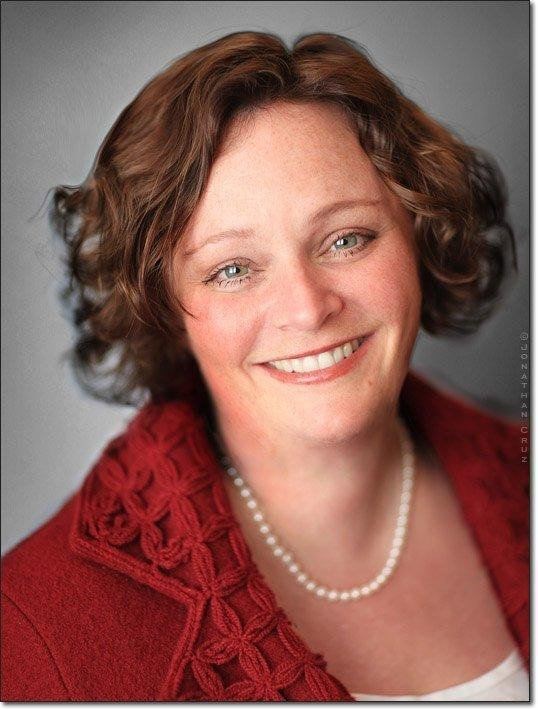Restoring legal aid funding to levels in place a decade ago will not only make the justice system fairer but deliver a bigger bang for the taxpayer's buck, says the president of the B.C. branch of the Canadian Bar Association (CBA-BC) Sharon Matthews was in Prince George on Thursday in part to urge the public to get behind a campaign to bring legal aid funding back up to the level seen before the provincial Liberal government slashed support in 2002 by one-third to $60 million per year.
Based on an assumption that unrepresented clients take up 20 per cent more court time than do ones with lawyers, the CBA-BC calculates that nearly $50 million in additional costs would have been avoided for family law and criminal law cases filed in provincial courts across B.C.
Once inflation is accounted for, Matthews said restoring legal aid funding the to pre-2002 level would cost about $50 million.
(Funding now stands at $66.5 million a year).
But Matthews also stressed the estimate on cost savings is conservative. It does not include cased filed in Supreme Court where the numbers of unrepresented persons are not known and appear to be growing.
"It's an investment, is the way we look at it," Matthews said. "We need to invest in getting the justice system moving more quickly."
The CBA-BC is also certain there would be savings in areas of so-called poverty law not dealt with by the two courts: mental health review board hearings, social assistance administrative hearings, immigration and refugee board hearings and residential tenancy board hearings.
However, no number has been calculated and Matthews said restoring funding for those areas would be over and above that for family and criminal matters.
But Matthews said there is no doubt unrepresented people take up more of the court's time and resources.
"Regardless of what you think of your tax dollars being used for a lawyer for someone accused of a crime, what you do know is you want your tax dollars used
efficiently," Matthews said.
"I was speaking to a lawyer in Kamloops, a Crown counsel, who was dealing with someone who was unrepresented on a criminal case and that case took 17 appearances before a judge.
"The person just doesn't understand the system and comes either with irrelevant evidence or not prepared to deal with what's going to happen that day and when you're talking about a criminal charge that could result in a criminal record the judge has to be very careful to ensure that the person's rights are protected but the judge can't stray into giving them legal advice."
There are now 2,400 cases that have been in provincial court for at least 18 months and so are vulnerable to being dismissed because they've passed the threshold under the Charter of Rights and Freedoms for being tried within a reasonable time.
"And the lack of legal aid is one of the things that's gumming up the system," Matthews said.
Costs and benefits aside, Matthews said the cuts to legal aid has hit the most vulnerable the hardest and added that a dollar spent on legal aid saves more than a dollar on other costs, either in the justice system or in other government spending.
"We're paying for it through health care, we're paying for it through their children showing up for school hungry and stressed out and not able to learn, we're paying it through social assistance, poverty issues and homelessness," Matthews said.
The campaign's centrepiece is a website, www.WeNeedLegalAid.com. It outlines the challenges the CBA-BC says the system is now facing, features the stories of three women who've required legal aid and shows how people can get involved in convincing Victoria to
restore funding.
"We know the government has to make difficult decisions with the finances, there's no question that these are difficult times, there's not a lot of extra money around for programs," Matthews said. "But, we also know that they will make decisions based on what they know the public feels strongly about."
Attorney General Shirley Bond said in a response that legal aid funding has remained stable since 2005 and the government is taking the steps to reach resolutions more quickly.
"As recently announced in the throne speech, we are looking at introducing a number of initiatives which should reduce the reliance on courts as a first option in family disputes and encourage cooperative resolutions between parties," Bond said.



